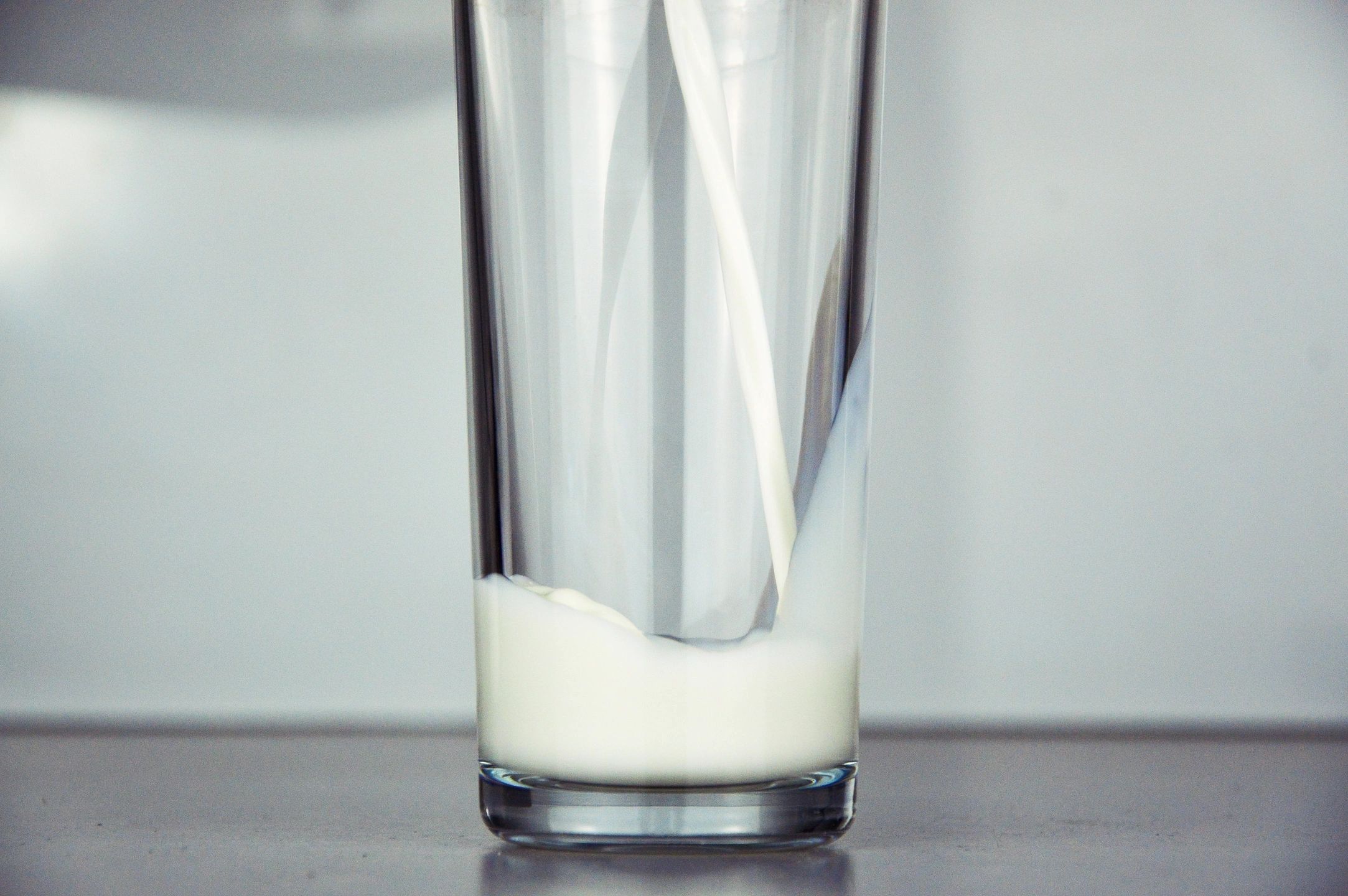Years ago, it was difficult to find plant-based milk alternatives for everyday life. Luckily today, there are many options available at the grocery store. Plant-based milks are now made out of cereals, legumes, vegetables, seeds, and nuts. There is bound to be an option you enjoy!
Drinking cow’s milk for calcium and bone health is a standard message heard all the time. However, going plant-based and giving up cow’s milk doesn’t mean you’re putting your bones at risk. When fortified, plant-based kinds of milk will contain just as much and often more calcium and vitamin D than cow’s milk.
Let’s break-down the different types of plant-based milks available and what’s unique about each of them.
- Soy milk: Probably the most popular kind of plant-based milk. It’s made by soaking, crushing, cooking, and straining soybeans. Soy is a complete protein and contains as much protein as a cup of cow’s milk (8g).
- Almond Milk: Ground almonds are highly diluted with water to make almond milk. The milk is low in calories, but also very low in protein.
- Cashew Milk: A creamier alternative to almond milk, cashew milk is made by blending water-soaked cashews with water. Like almond milk, the protein content is low.
- Flax Milk: Made by combining cold-pressed flax oil with water, thickeners, and emulsifiers. Low in calories and protein.
- Rice Milk: The most hypoallergenic of plant-based milks. It’s made from boiled brown rice and brown, rich starch, and has a thin consistency. It’s often manufactured with added sugars, so watch the label with this one!
- Oat Milk: Made from oats and water. The flavor is generally mild and slightly sweet with a consistency similar to 1% or skim cow’s milk.
- Coconut Milk: Actual coconut milk is not meant for drinking, but the coconut milk you see in the milk section of the grocery store is diluted coconut milk with water. It naturally contains iron and fiber but is low in protein.
- Hemp Milk: Made from the hulled seeds of the industrial hemp plant. The flavor can be described as earthy. It contains about 2-3g of protein per serving, along with calcium.
- Pea Milk: The newest of all plant-based milks, pea milk, is made from yellow field peas. The peas are milled into flour, and the protein is separated from the fiber and starch. Lastly, the protein is purified and blended with water and other ingredients. It contains at least 7g of protein per serving and the taste and consistency is similar to cow’s milk. Personally, this is my favorite non-dairy option. Check out this article by the Cleveland Clinic about the benefits of pea protein.
When choosing a plant-based milk, always check the nutrition label to ensure that it contains nutrients like calcium and vitamin D. Many plant-based milks contain added sugar, so make sure you choose the unsweetened version.
